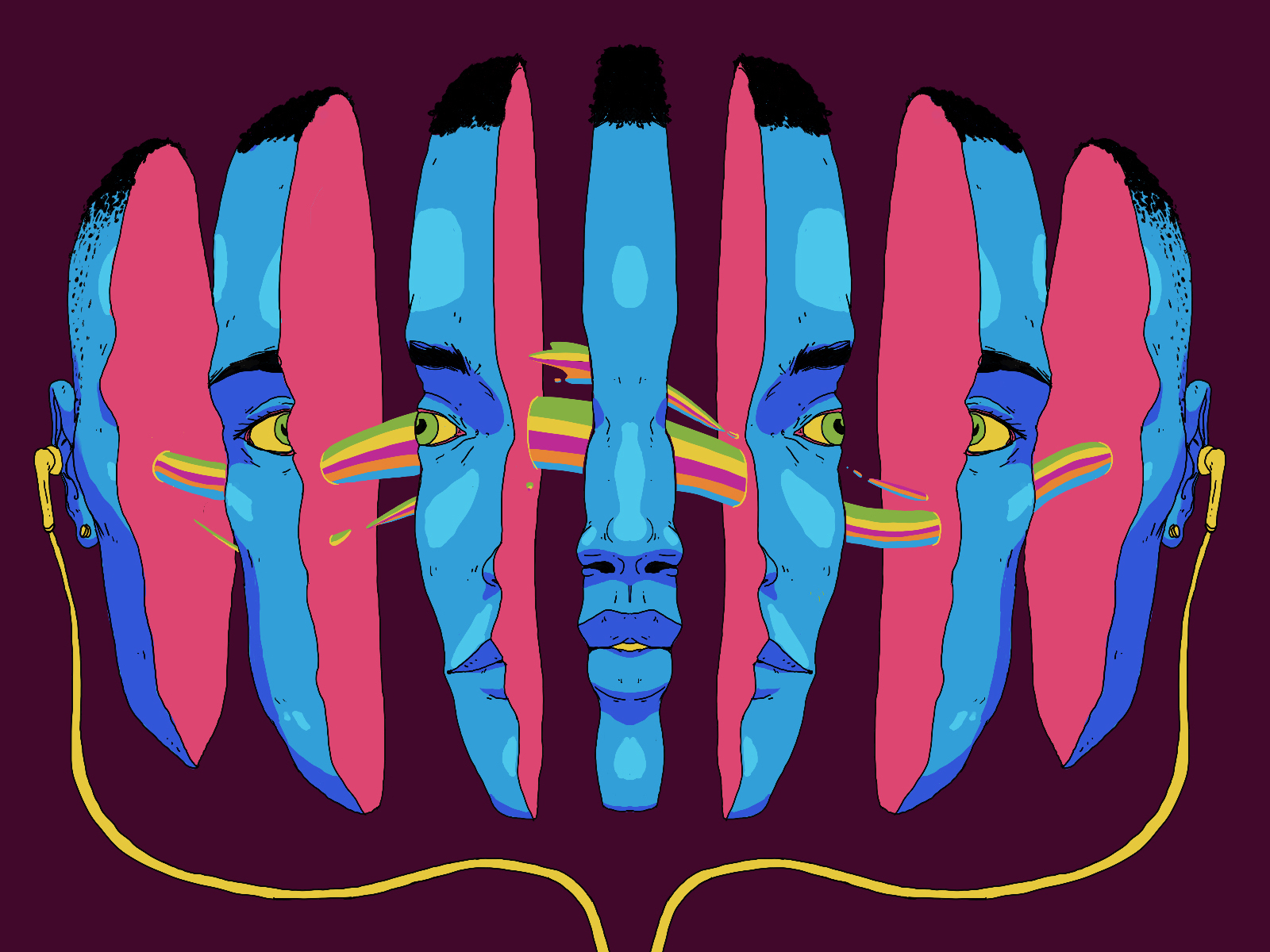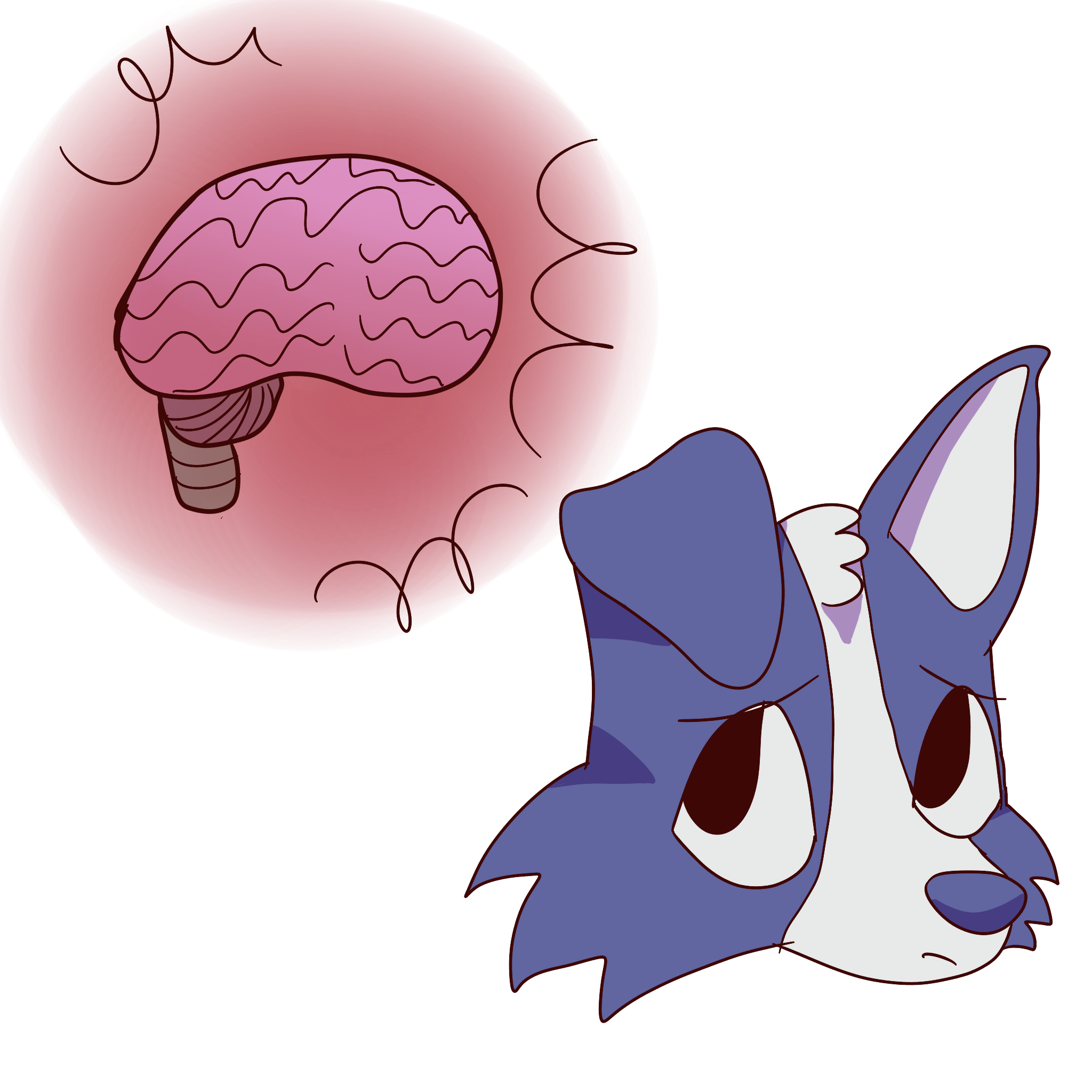Exploring Mental Abuse Songs: A Deep Dive Into Their Impact And Meaning
Music has always been a powerful medium for expressing emotions, and when it comes to mental abuse songs, the depth of emotion is undeniable. These tracks often serve as a voice for those who feel unheard or misunderstood. They carry stories of pain, resilience, and sometimes even hope. If you've ever wondered what makes mental abuse songs so impactful, you're in the right place. In this article, we'll explore the world of mental abuse songs and uncover why they resonate so deeply with listeners.
Think about it—music has a way of touching our souls. When we hear a song that perfectly captures our struggles, it's like someone finally understands. Mental abuse songs aren't just about the lyrics; they're about the raw emotion behind them. They help listeners process their experiences and find solace in knowing they're not alone. This is why these songs hold such significance.
Now, before we dive deeper, let's set the stage. Mental abuse songs often deal with themes of emotional trauma, manipulation, and the scars left behind by toxic relationships. But they also offer a platform for healing and growth. By exploring these tracks, we can gain insight into the complexities of mental health and the power of music to heal. So, let's get started on this journey together.
- Andieelle Nudes The Truth Behind The Hype
- Pink And P Diddy Connection The Untold Story Thats Got Everyone Talking
What Are Mental Abuse Songs?
Mental abuse songs are tracks that focus on themes of emotional manipulation and the psychological impact of toxic relationships. These songs go beyond the surface level; they delve into the inner turmoil experienced by individuals who have been subjected to mental abuse. The lyrics often highlight feelings of isolation, self-doubt, and the struggle to regain one's identity after being emotionally battered.
For many, these songs serve as a lifeline. They provide a space where listeners can confront their own experiences and begin the healing process. Whether it's through relatable lyrics or an emotional melody, mental abuse songs create a connection that transcends words.
Why Do These Songs Resonate?
The resonance of mental abuse songs lies in their authenticity. When an artist bares their soul through music, it creates a genuine connection with the audience. Listeners often find themselves nodding along, thinking, "Yes, this is exactly how I feel." It's this relatability that makes these songs so powerful.
- Arielle Kebbel The Rising Star Who Captures Hearts On And Off Screen
- Inger Stevens The Tragic Tale Of A Forgotten Hollywood Star
Moreover, mental abuse songs often tackle topics that are difficult to discuss openly. By putting these issues into a musical format, artists help normalize conversations around mental health and emotional abuse. This normalization is crucial for breaking down stigmas and encouraging people to seek help.
Top Mental Abuse Songs to Explore
There are countless mental abuse songs out there, each with its own unique story to tell. Here's a list of some standout tracks that have left a lasting impact on listeners:
- "You Oughta Know" by Alanis Morissette
- "Bleeding Love" by Leona Lewis
- "Every Breath You Take" by The Police
- "Back to Black" by Amy Winehouse
- "Love Song" by The Cure
- "Somebody Told Me" by The Killers
Each of these songs explores different aspects of mental abuse, from betrayal to heartbreak. They offer a diverse range of perspectives, ensuring there's something for everyone to connect with.
How Lyrics Reflect Emotional Pain
The lyrics in mental abuse songs often reflect the emotional pain experienced by the artist. For example, in "You Oughta Know," Alanis Morissette lays bare her anger and frustration towards an ex-partner. Her raw emotion is palpable, and it's this honesty that resonates so deeply with listeners. Similarly, "Back to Black" by Amy Winehouse captures the despair of losing oneself in a toxic relationship.
Through their lyrics, artists invite listeners to explore their own emotions and confront their experiences. It's this invitation that makes mental abuse songs so impactful.
Impact of Mental Abuse Songs on Listeners
The impact of mental abuse songs on listeners is profound. Many people find comfort in knowing that others have experienced similar struggles. These songs provide a sense of validation, reassuring listeners that their feelings are justified and their pain is real.
Additionally, mental abuse songs can inspire listeners to take action. Whether it's seeking therapy, ending a toxic relationship, or simply acknowledging their own worth, these tracks often serve as a catalyst for change. They remind listeners that they deserve better and that healing is possible.
Healing Through Music
Music has long been recognized as a tool for healing, and mental abuse songs are no exception. By listening to these tracks, individuals can process their emotions in a safe and supportive environment. The repetitive nature of music allows listeners to revisit their experiences and gradually come to terms with them.
Moreover, mental abuse songs often encourage listeners to express their own emotions. Whether it's through journaling, talking to a friend, or creating art, these tracks inspire self-expression and personal growth.
Artists Behind Mental Abuse Songs
Behind every great mental abuse song is an artist who has poured their heart and soul into the music. These artists often draw from their own experiences to create tracks that resonate with listeners. Let's take a closer look at some of the key players in this genre:
- Alanis Morissette: Known for her emotionally charged lyrics, Morissette has become a voice for those dealing with mental abuse.
- Amy Winehouse: Her soulful voice and candid songwriting have left an indelible mark on the music industry.
- Leona Lewis: With her powerful vocals, Lewis tackles themes of heartbreak and betrayal with grace and poise.
These artists, among others, have used their platform to shed light on the complexities of mental abuse and its impact on individuals.
Biographies of Key Artists
To truly appreciate the depth of mental abuse songs, it's important to understand the artists behind them. Below is a brief overview of some key artists:
| Artist | Birth Name | Birthdate | Origin |
|---|---|---|---|
| Alanis Morissette | Alanis Nadine Morissette | June 1, 1974 | Ottawa, Canada |
| Amy Winehouse | Amy Jade Winehouse | September 14, 1983 | London, England |
| Leona Lewis | Leona Louise Lewis | April 3, 1985 | Islington, London |
Psychological Effects of Listening to Mental Abuse Songs
Listening to mental abuse songs can have a profound psychological effect on individuals. On one hand, it can provide a sense of relief and validation. On the other hand, it can also stir up painful memories and emotions. It's essential to approach these songs with mindfulness and self-awareness.
Research has shown that music can influence mood and behavior. When listening to mental abuse songs, individuals may experience a range of emotions, from sadness to empowerment. This emotional journey can be therapeutic, helping listeners process their experiences and move forward.
How Music Therapy Can Help
Music therapy is a growing field that harnesses the power of music to promote healing. For those dealing with the aftermath of mental abuse, music therapy can be a valuable tool. It provides a safe space for individuals to explore their emotions and develop coping strategies.
Through music therapy, individuals can learn to use mental abuse songs as a means of self-expression and healing. They can create playlists that reflect their journey, using music as a form of therapy and self-care.
Long-Term Benefits of Engaging with Mental Abuse Songs
Engaging with mental abuse songs can have long-term benefits for individuals. By repeatedly listening to these tracks, listeners can gain a deeper understanding of their own emotions and experiences. This increased self-awareness can lead to personal growth and resilience.
Moreover, mental abuse songs can foster a sense of community among listeners. They create a shared experience that transcends individual struggles, reminding people that they're not alone in their journey. This sense of connection can be incredibly empowering.
Building Resilience Through Music
Music has the unique ability to build resilience in individuals. By listening to mental abuse songs, listeners can develop coping mechanisms and strategies for dealing with difficult emotions. They can learn to reframe their experiences and find strength in their vulnerabilities.
This resilience can extend beyond music, influencing other areas of life. It can empower individuals to tackle challenges head-on and seek out positive relationships and experiences.
Conclusion
In conclusion, mental abuse songs offer a powerful platform for exploring the complexities of emotional trauma. They provide a voice for those who feel unheard and a space for healing and growth. By engaging with these tracks, listeners can gain a deeper understanding of their own emotions and experiences, leading to personal growth and resilience.
I invite you to share your thoughts and experiences in the comments below. What mental abuse songs have resonated with you? How have they impacted your journey? Don't forget to check out our other articles for more insights into the world of music and mental health. Together, let's continue the conversation and support one another on this journey of healing and empowerment.
Table of Contents
- What Are Mental Abuse Songs?
- Why Do These Songs Resonate?
- Top Mental Abuse Songs to Explore
- How Lyrics Reflect Emotional Pain
- Impact of Mental Abuse Songs on Listeners
- Healing Through Music
- Artists Behind Mental Abuse Songs
- Biographies of Key Artists
- Psychological Effects of Listening to Mental Abuse Songs
- How Music Therapy Can Help
- Long-Term Benefits of Engaging with Mental Abuse Songs
- Building Resilience Through Music
- Gg Now Roblox Your Ultimate Guide To The Hottest Gaming Phenomenon
- Cheryl Miller Gay Unveiling The Truth Behind The Rumors And Her Remarkable Journey

11 Songs that Tackle the Realities of Mental Health

27 Great Songs About Mental Health

AAC Image Library